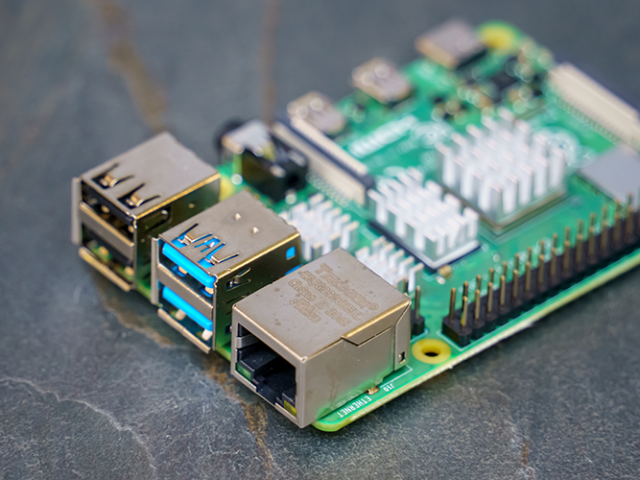Crafty engineering can help solve many problems, including those we face in our own kitchens. At EPFL’s Institute of Mechanical Engineering, students from three laboratories tackled some of the most common kitchen challenges as part of the first Kitchen-Inspired Engineering contest.
Cooking the perfect poached egg is a lot trickier than it looks. That’s why it was selected as one of the challenges that students tackled in the first edition of the Kitchen-Inspired Engineering contest. “The idea behind this engineering challenge was to give Bachelor’s students experience working on an entire project, from developing a design and running simulations to performing tests and building a prototype,” says John Kolinski, head of EPFL’s Engineering Mechanics of Soft Interfaces (EMSI) laboratory. “Each of the three teams participating in the contest decided which kitchen problem it wanted to solve and came up with its own ideas.”
The teams, which consisted of four to five students each, met once a week during the spring semester. They worked closely with their professors and postdoc researchers to develop functional designs that address the specific problem they selected. One team came up with a system for pouring the perfect beer, while another created a device that makes the perfect poached egg. “Those students had to figure out how to deal with eggs of different ages and how to keep the water clean so that the device could be used over and over again. It was impressive to see how effectively the students worked together,” says Kolinski.
Food science on campus and beyond
Food preparation is an important part of our everyday lives, which is what prompted four EPFL professors – Kolinski, Tobias Schneider (Emergent Complexity in Physical Systems Laboratory), Pedro Reis (Flexible Structures Laboratory) and Selman Sakar (Micro BioRobotic Systems Laboratory) to set up the contest. “We sat down and discussed how we could explore the idea of kitchen-based engineering in a fun, engaging way. It’s a field with tangible applications and could be a vector for bringing food-science teaching and research onto our campus, in association with our talented, smart, ambitious and curious undergraduate students,” says Kolinski.
Source: “Engineering solutions for kitchen challenges”, Julie Haffner, EPFL news




